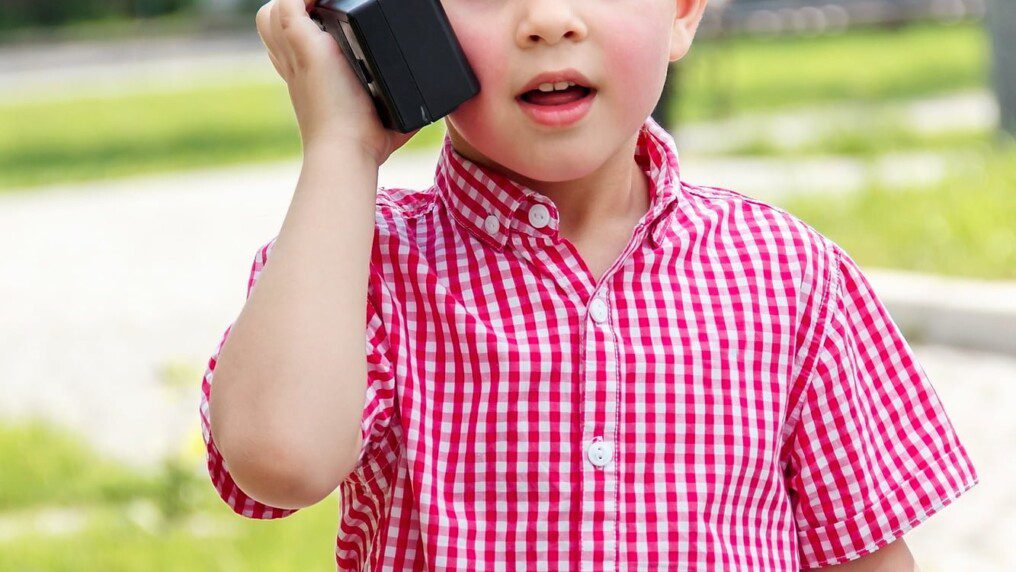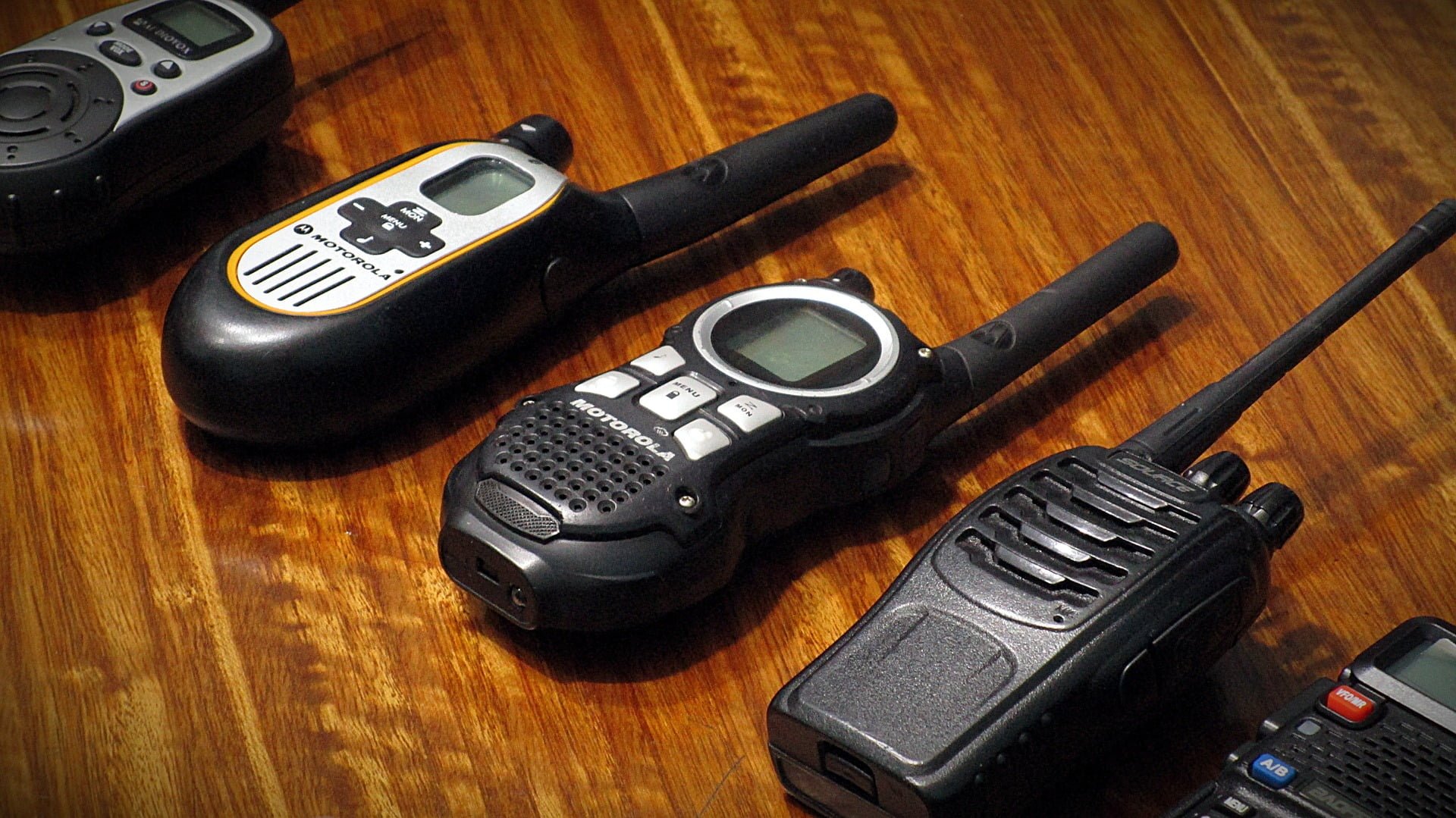
Talking with your friend over a walkie talkie used to be one of the coolest things back in the day. Even though smartphones have massively replaced our previous forms of communication, walkie talkie still holds a special place in our hearts. In this article, we are going to take a closer look at walkie talkie lingo.
Since you are reading this article, chances are you are in the mood to take a deep dive into nostalgia. Remember that happy moment when you or a friend would get a walkie talkie lingo set for a birthday or a holiday? Ah! who could forget those days? You would run around the neighborhood playing spies or talking from room to room. If you can master in walkie talkie lingo then you will not require a film set lingo.
Although walkie talkies or two-way radios are most likely to be used in industries like security, hospitality, and construction, you can still have fun learning walkie-talkie lingo and using it with your friends. Let’s take a deep dive into the history of funny walkie talkie lingo!
History of Walkie-Talkies:

One person, Donald L. Hings, might be the true father of the handheld radio as we know it. His version of the walkie-talkie was in use around 1937.
The use of walkie-talkies exploded in WWII. They brought a whole new way to communicate on the battlefield.
To make communication simpler, codes and shorthand phrases were invented. Here’s where walkie talkie codes come in.
Read Also: How Virtual Reality impacts businesses?
Ten Codes:
These are some of the codes that you need to master in order to talk with your friend on walkie talkie. One of the most common calls on walkie-talkies is the ten codes. I am pretty sure that you have seen police officers using 10 codes in movies and television shows. If you take a look at the history of these codes. The first 10 codes showed up in the early 1900s and were refined for use by police officers in the 1930s.
These are the most common ones still in use today:
- 10-1 – Have a bad reception
- 10-4 – Understood/Got it
- 10-20 – Your location (Can be used to ask someone what their location is – “what’s your 20?”)
- 10-27 – Moving to another channel
There are many more 10 codes, but these are the ones that are in regular rotation. Every 10 code isn’t standard in all regions unfortunately because they vary greatly.
The Phonetic Alphabet:
As you are already aware that walkie talkies are used in many places such as in airplanes, battlefields, and in police cars. so the thing is even if you’re wearing headphones, sometimes it can be challenging to hear what’s being said on walkie-talkies and handheld radios if there’s a connection issue. That’s where the phonetic alphabet comes in handy. If you want to master the skill of talking over a walkie techie then you must learn the ten codes.
If you need to spell something out, you can use the phonetic alphabet to make sure you’re understood. For example, to spell the word “Hi” using the phonetic alphabet, you would say “Hotel, India”.
Here’s the entire standard phonetic alphabet:
- Alpha
- Bravo
- Charlie
- Delta
- Echo
- Foxtrot
- Golf
- Hotel
- India
- Juliet
- Kilo
- Lima
- Mike
- November
- Oscar
- Papa
- Quebec
- Romeo
- Sierra
- Tango
- Uniform
- Victor
- Whiskey
- X-ray
- Yankee
- Zulu
Read Also: A Comprehensive Guide to Buying an Electric RC Car
Regular Walkie Talkie Lingo:
These are so common, that you’ve probably used them before. How many do you recognize?
- Wilco: Short for “will comply”, means you will do what’s been asked of you
- Mayday: Serious emergency, need help. Don’t use this frivolously!
- Roger: Understood
- Over: Finished sentence
- Out: Finished transmission
- Over and Out: This conversation is over
These are fun phrases to use in everyday life. Modify them for the modern world and use them in texts with friends! Apart from using these terms, you can also consider having a normal conversation with your friends over walkie-talkie using walkie-talkie lingo, would not that be great?
More Gadgets:
Learning walkie talkie lingo is fun and useful. Each of these phrases has an interesting history but still, works in the modern world.
Want to learn about other cool gadgets and the latest tech on the market? Check out our technology blog for the latest news!
Walkie talkie lingo is a great thing that you can use and learn using on your own. You already know that a walkie talkie is fun to use. While you were a kid, you must have thought of using a walkie talkie for fun. Now you actually know the importance of walkie talkie and also how to use a walkie talkie. A walkie talkie has become a handy sheet that you can use anytime anywhere for whatever purpose you may feel. Here we also explained to you about the walkie talkie communication etiquette.
Final Thoughts on Walkie Talkie Lingo
There you have it, that was pretty much everything you need to know about walkie talkie lingo. I hope this article has given you some insights on how you can talk to your friend over the walkie talkie. I really hope that you have found this article to be informative. If you have any further questions or feedback in regards to learning walkie talkie lingo. Kindly post them down in the comment section. e will try our best to answer all the queries.




























